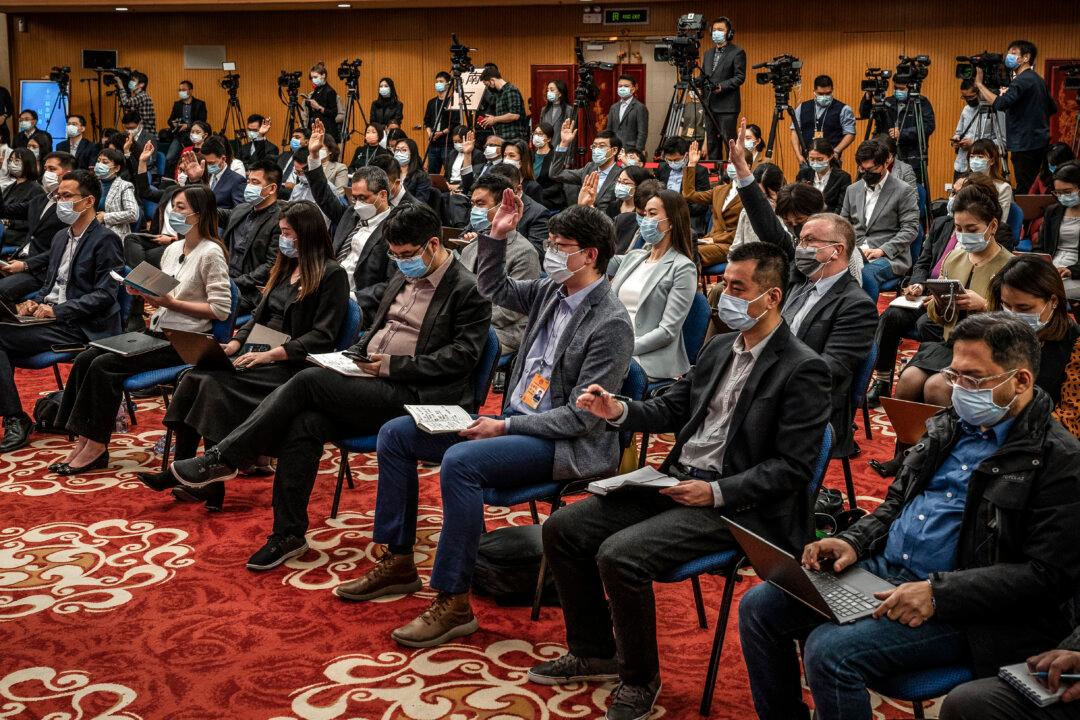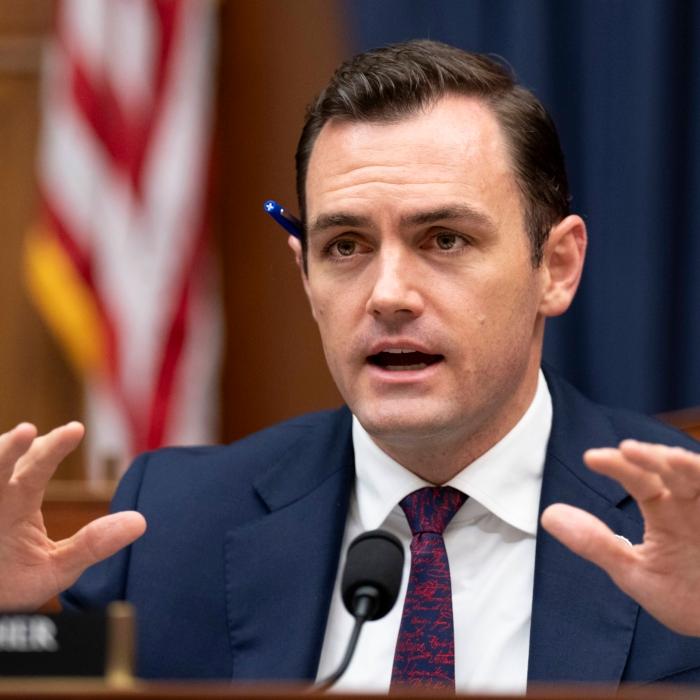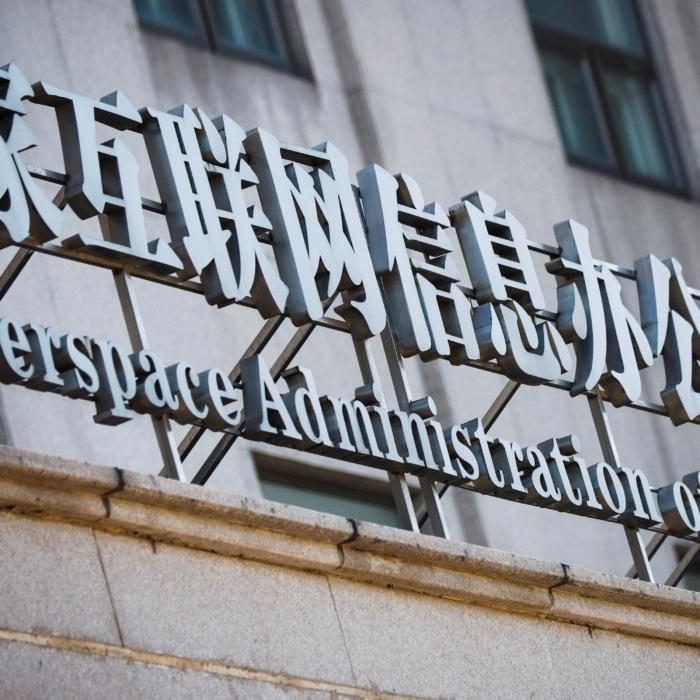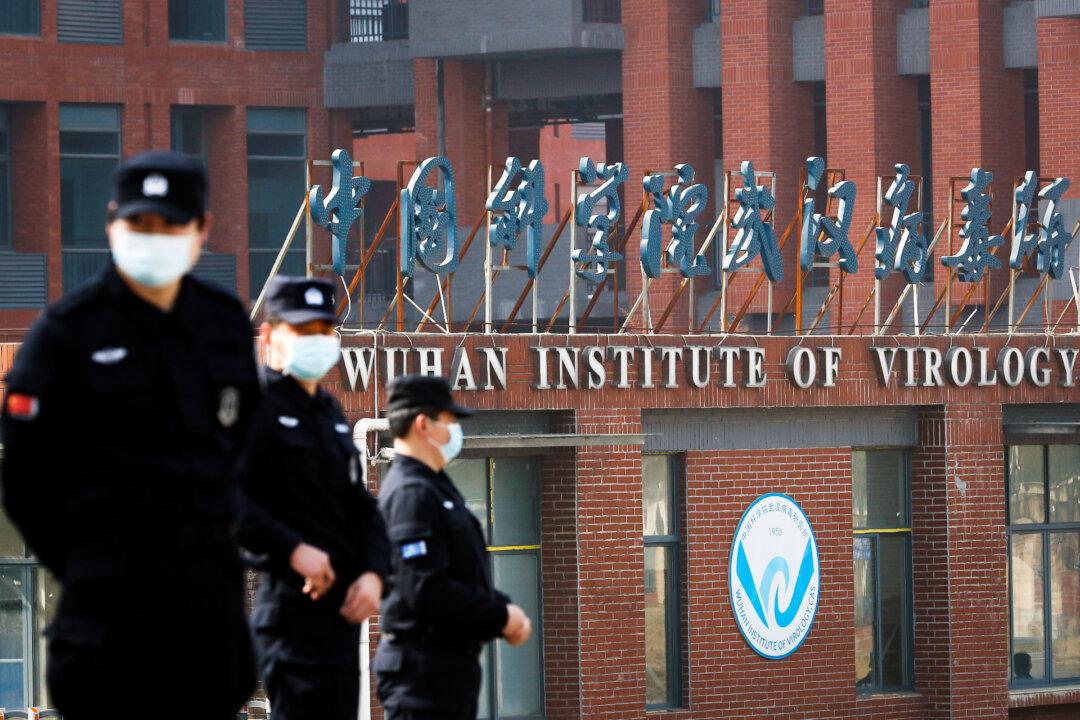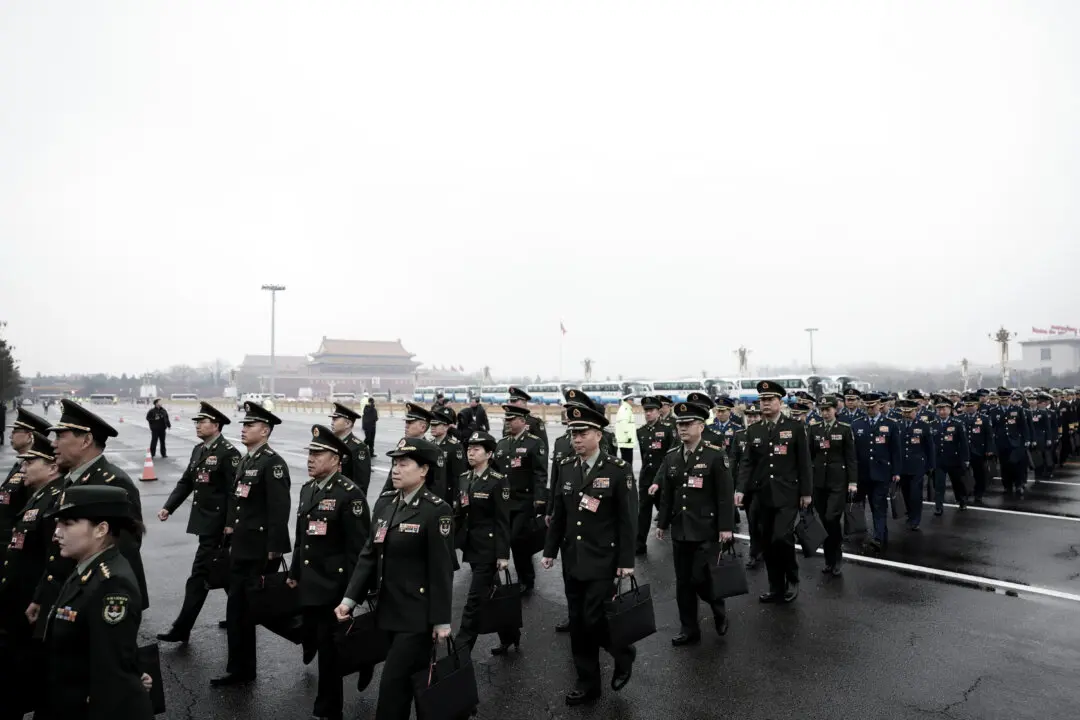Media freedom in China continues to deteriorate as foreign journalists face growing harassment, violence, visa problems, and high-tech surveillance by the Chinese communist regime, according to a new survey.
The Foreign Correspondents’ Club of China (FCCC), the professional association of Beijing-based journalists reporting on China, released on April 8 its annual report on media freedom in China in 2023, titled “Masks off, Barriers Remain.” It describes how the ruling Chinese Communist Party (CCP) used COVID-19 control measures to “strangle” foreign news agencies’ coverage of events in China.
The FCCC surveyed its 157 members from January to February, with 101 responding.
According to the report, 81 percent of the survey respondents believed that their WeChat accounts had been “probably or definitely” compromised by the CCP, 72 percent believed that their mobile phones had been hacked, and 55 percent thought that the authorities had placed audio recording devices in their homes or offices.
Almost all respondents, 99 percent, said reporting conditions in China rarely or never met international reporting standards.
The survey also revealed that 81 percent of respondents said they experienced “interference, harassment, and violence” and that 54 percent said they were obstructed by CCP police or officials at least once in 2023.
David Rennie, Beijing bureau chief for The Economist, said in the survey: “Now, the situation is much more random. It is harder to predict when you’ll be followed or when unsupervised reporting trips will be cut short by the local propaganda department.”
Obstruction, Harassment
In late February, Sjoerd den Daas, China correspondent for the Dutch public broadcaster NOS, was roughed up and detained by Chinese Communist Party police while reporting on a protest against the default of the Sichuan Trust investment bank in Chengdu, Sichuan Province, China.Foreign journalists also face problems in obtaining Chinese visas and residence permits, resulting in a shortage of manpower for some foreign media, especially U.S. media. Only one U.S. reporter successfully obtained authorization from the CCP in 2023, according to the FCCC report. Chinese journalists working for foreign media have also continued to face pressure from the communist regime. The survey shows that 49 percent of foreign journalists said their Chinese colleagues have been pressured, harassed, or intimidated at least once, which is higher than the 45 percent figure for 2022.
Feng Chongyi, associate professor at the University of Technology, Sydney, told The Epoch Times on April 9 that the work conditions of foreign media in China have further deteriorated since Chinese leader Xi Jinping came to power. Nowadays, there are very few foreign media outlets in China. Many of the major media outlets have left.
Mr. Feng said: “Xi Jinping wants to return to the era of Mao Zedong, which was very hostile to foreign countries. The CCP has been targeting foreign individuals and entities in China and Chinese citizens who have foreign connections through legislation, including the enactment of the sweeping anti-espionage law last year. They’ve wiped out domestic nongovernmental organizations and take a hostile approach towards foreign media.”
Intimidating Interviewees
Chinese sources used by foreign journalists are often threatened and intimidated by CCP police and authorities, the report found.“A significant shift in recent years has been observed where academic sources, think tank employees, and analysts either decline interviews, request anonymity, or don’t respond at all,“ the report reads. ”In other cases, previously granted interviews are withdrawn after pressure from the authorities.”

More than 80 percent of respondents said potential sources and interviewees had declined to be interviewed because they didn’t have permission from their superiors to speak to foreign media.
Mr. Feng said the entire media environment in China is extremely bad.
“The CCP’s national security and police can search journalists and anyone at will,” he said. “People don’t dare to accept interviews. The risks faced by the Chinese people are very high now, and have their reasons to fear.”
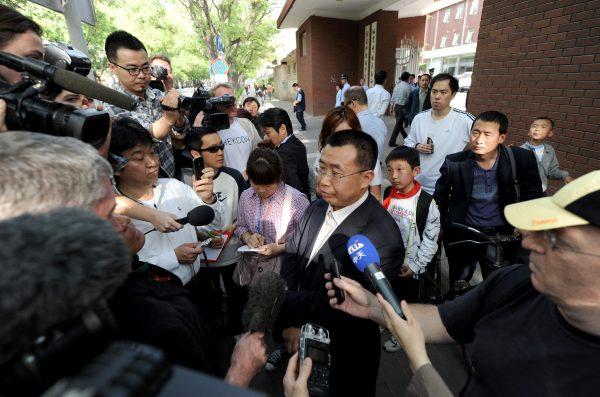
Li Dengke, a professor of international affairs at National Chengchi University, told The Epoch Times on April 9 that the CCP wants to seal the mouths of the Chinese public and cover the eyes and ears of foreign media so that foreign media outlets cannot figure out what the people of mainland China are thinking or learn their discontent.
“It [seems] to be very useful for Xi Jinping’s rule in the short term because you can’t hear any voice of objections, but it is very dangerous for his long-term rule,” Mr. Li said.
“Paper cannot contain the fire. It will definitely cause a fire in the future, and it may be uncontrollable once it breaks out. So his approach seems very smart, and it’s actually shooting himself in the foot.”
